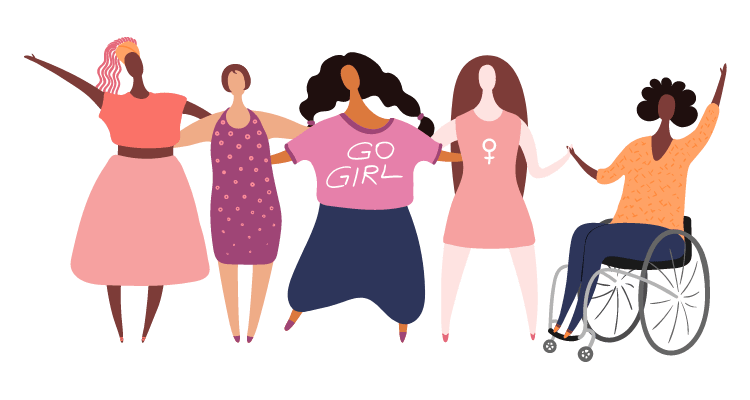Resilience, Mindset and Toxic Positivity:
A Note from Shula
What if I struggle with resilience?
I invite you to consider this: what most of us think of as resilience is deeply rooted in W/white, Western, individualistic thinking.
However, non-genetic social and environmental factors play a role in bringing about poor mental health, and in causing, and intensifying, mental illnesses.
Resilience skills can be a challenge to learn and/or exercise due to social determinants of health--the 14 social and economic factors at play in a person's life, that determine the conditions in which people are born, grow, live, work, and age.
In addition, these determinants are shaped by the multilevel distribution of money, power, and resources, and are not in the control of any one individual, although they do exert pressure and have an impact at an individual level.
These factors are the main determinants of health and mental health outcomes, much more than "lifestyle choices."
The concept of "lifestyle choice" itself is problematic. It assumes the access, resources and capacity to freely choose whats "good" and to turn away from what's "bad."
In many cases, what's labelled "bad" is in fact adaptive and has arisen in the context of surviving adversity. It's our organism's most beautiful attempt to meet needs and help us cope and survive in the face of stress and of great difficulty.

You can’t make shitty shit be un-shitty
You can’t take away the impact of tough times.
Resilience skills will not make you feel happy no matter what.
Resilience skills will help you shift your relationship to adversity. You will be able to address it better.
You will have skills and resources that enable you to say to yourself: “Even though things are tough, I have what it takes to make it through,” and believe it.
In our work together, we will identify when your challenges are rooted in issues that are social and systemic, not the result of individual flaws.
You will develop compassion for yourself when external limitations seem like too much. We will identify what action, if any, is appropriate for the you to take for social and systemic change.
Mindset isn't always the issue.
Sometimes, mindset isn't all there is to a problem. It isn't easy to "change your mind" when you're dysregulated or isolated, stressed and under-resourced.
When you're feeling stuck, blocked or resistant, it can be gaslighting to be told it's a question of will and mindset, and if you just applied yourself, you'd break through.
Sometimes, what's needed to be resilient when you're stuck is support, and a critical lens to tease out the issues and identify next steps.
Positive vibes only?
Negativity does not attract negativity--although the mind does have a negativity bias that may make that seem true.
Pushing negative thoughts and feelings down with the "positive vibes only" does not attract positivity. It drives the difficult feelings underground--keeping them around and simmering, only to pop up and cause problems later.
It's a toxic emphasis on false positivity that shames people who are having a hard time, and keeps people stuck.
This is why positive affirmations alone often don't work to make you feel better--and sometimes make you feel worse.
Any resilience work needs to make room for the difficult thoughts, feelings and experiences so that they can be mined for their wisdom. This is one of the keys to resilience: looking for what can be learned from failure and adversity.
Why does it matter to think critically about resilience?
Many clients come to me having attempted to apply the inspirational and "therapeutic" advice available online, and feeling ashamed and broken because they "didn't work."
The problem is that much of the information available online is not nuanced enough to account for each person's unique needs and experiences. It also ignores social and systemic factors, individualizing them to shame and blame the person affected by them.
I want to contextualize my work with resilience.
I don't want to ignore the factors at play in the development of resilience skills.
Naming the systemic and social factors that can cause harm is a political act. Making the invisible visible is liberatory, and I am committed to working for liberation.
If you are here reading this--even if you never work with me--I hope that contextualizing resilience has helped you be kinder to yourself when you are facing adversity.


